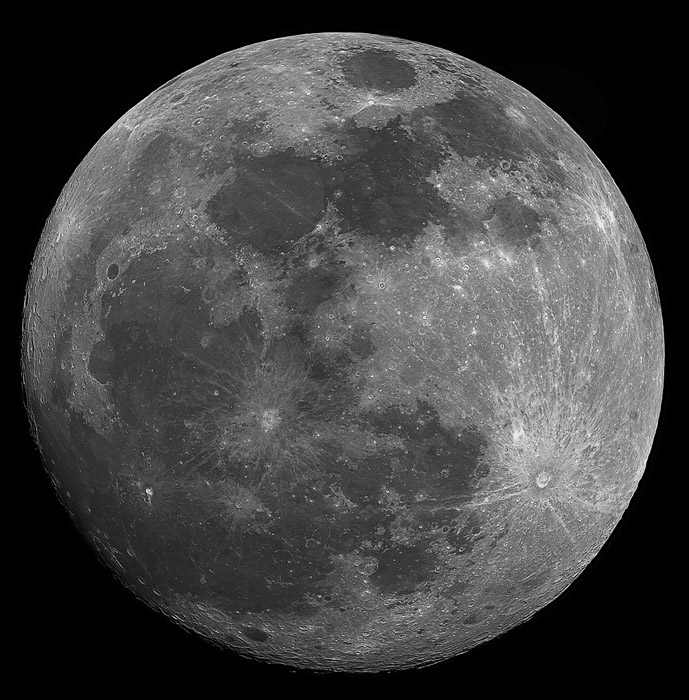Difference between revisions of "June 11, 2013"
| (2 intermediate revisions by the same user not shown) | |||
| Line 6: | Line 6: | ||
<em>image by [mailto:maximoeselmasguapo@hotmail.com Jose Cabello], Málaga, España</em><br /> | <em>image by [mailto:maximoeselmasguapo@hotmail.com Jose Cabello], Málaga, España</em><br /> | ||
<br /> | <br /> | ||
| − | For one of my projects I am going to a conference on longwall mining today. That is the mechanized scraping of coal from the side of a mine. It makes me think back to the various wrong ideas about the Moon that could have led to coal and biogenic gases on the Moon. At the dawn of the scientific era we can think of Kepler's <em>Somnium</em> novel that described [ | + | For one of my projects I am going to a conference on longwall mining today. That is the mechanized scraping of coal from the side of a mine. It makes me think back to the various wrong ideas about the Moon that could have led to coal and biogenic gases on the Moon. At the dawn of the scientific era we can think of Kepler's <em>Somnium</em> novel that described [[April_7,_2004|Privolva]], the inhabited lunar farside. Sir William Herschel even drew forests near Gassendi, safely away from his erupting volcano at Aristarchus. The [[August_25,_2004|Moon Hoax]] of 1835 envisioned a Moon populated with exotic trees and men with wings. Except for the wings, the lunar village depicted in the drawings look remarkably like contemporary European drawings of African villages. In the early part of the 20th century, [http://www2.lpod.org/wiki/March_14,_2010 Pickering] proposed that changes in the albedo of various craters were due to vegetation or migrating insects. And Firsoff and Moore, right up until Apollo 11, thought that lichen or similar primitive vegetation might exist on the Moon. If any of these interpretations/idle speculations had been right, then perhaps forests that spread across the original floor of the Imbrium Basin were buried under 4-5 kilometers of mare lavas, providing the heat and pressure to transform the trees into gas, oil and coal. If so, perhaps the occasional TLP would be due to escaping puffs of natural gas. It could have been, except for the facts.<br /> |
<br /> | <br /> | ||
<em>[mailto:tychocrater@yahoo.com Chuck Wood]</em><br /> | <em>[mailto:tychocrater@yahoo.com Chuck Wood]</em><br /> | ||
Latest revision as of 07:30, 28 October 2018
Carboniferous Moon

image by Jose Cabello, Málaga, España
For one of my projects I am going to a conference on longwall mining today. That is the mechanized scraping of coal from the side of a mine. It makes me think back to the various wrong ideas about the Moon that could have led to coal and biogenic gases on the Moon. At the dawn of the scientific era we can think of Kepler's Somnium novel that described Privolva, the inhabited lunar farside. Sir William Herschel even drew forests near Gassendi, safely away from his erupting volcano at Aristarchus. The Moon Hoax of 1835 envisioned a Moon populated with exotic trees and men with wings. Except for the wings, the lunar village depicted in the drawings look remarkably like contemporary European drawings of African villages. In the early part of the 20th century, Pickering proposed that changes in the albedo of various craters were due to vegetation or migrating insects. And Firsoff and Moore, right up until Apollo 11, thought that lichen or similar primitive vegetation might exist on the Moon. If any of these interpretations/idle speculations had been right, then perhaps forests that spread across the original floor of the Imbrium Basin were buried under 4-5 kilometers of mare lavas, providing the heat and pressure to transform the trees into gas, oil and coal. If so, perhaps the occasional TLP would be due to escaping puffs of natural gas. It could have been, except for the facts.
Chuck Wood
Technical Details
2013/04/24. Mosaico de 16 imágenes, reducido al 50%, tomado con Astromaster90, DMK21au618 y filtro IR-Pass 685nm.
Yesterday's LPOD: Not Horrible Ejecta
Tomorrow's LPOD: Moon Stats
COMMENTS?
Register, Log in, and join in the comments.



